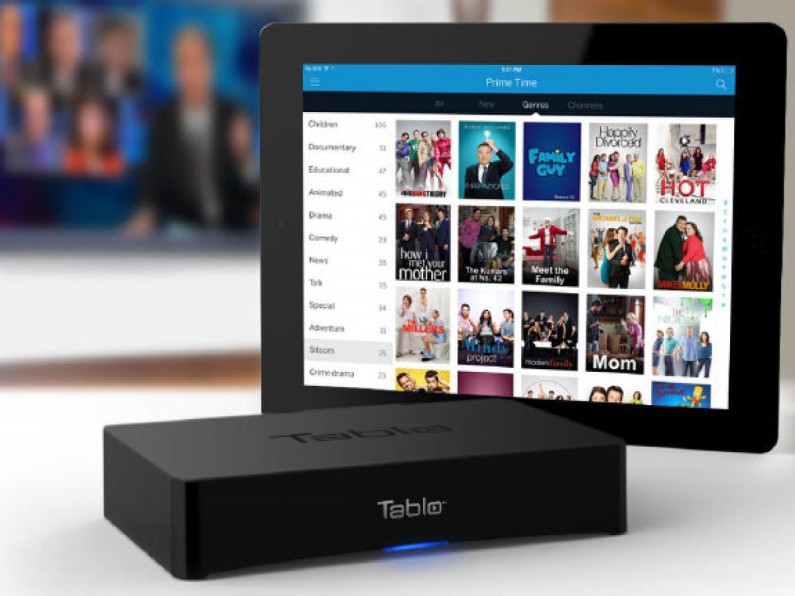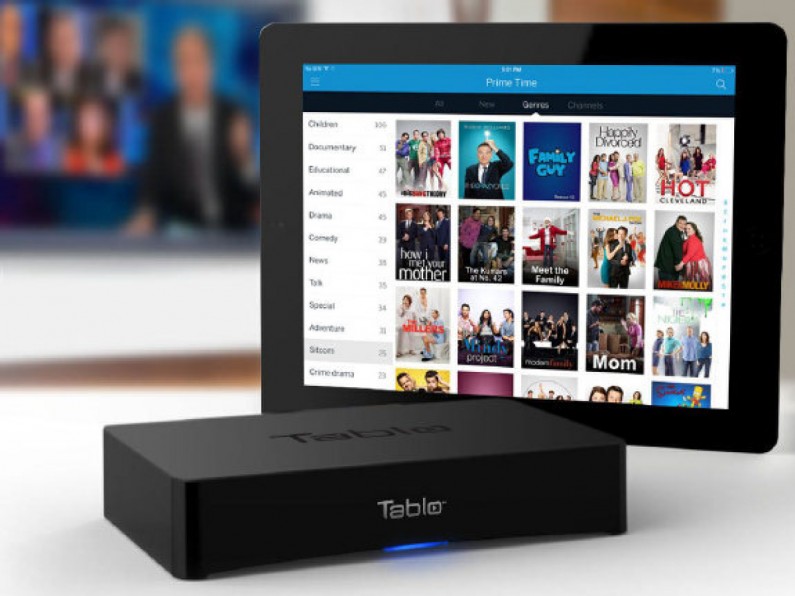

Video streaming service provider Aereo was ruled against by the Supreme Court in a 6-3 decision. The court ruled that the start-up video streamer violated copyright laws by stealing content that did not belong to them and provided it to subscribers for a fee.
The service Aereo provided was in using small antennas to capture broadcast signals and store the content on user specific folders that enabled them to watch it on mobile devices, tablets, and televisions.
“Aereo is not simply an equipment provider,” the ruling stated. “Aereo sells a service that allows subscribers to watch television programs, many of which are copyrighted, virtually as they are being broadcast.”
The Supreme Court decision comes as a huge relief and major victory for television networks. Wednesday’s decision has secured the profit model for broadcasters at least for the time being.
The dispute was between the American Broadcasting Company and Aereo but like the nature of many Supreme Court cases, the ruling has far reaching effects. The two year old start up was unable to conquer the might of a 70 year old media behemoth.
The Walt Disney Company (ABC owner) was quick to release a sigh relief shortly after the decision was made. “We’re gratified the court upheld important copyright principles that help ensure that the high-quality creative content consumers expect and demand is protected and incentivized,”
“Victory for consumers,” said Paul Clement, an attorney of ABC. “Has sent a clear message that it will uphold the letter and spirit of the law just as Congress intended.”
Chet Kanojia, the founder and Chief Executive of Aereo has very different regards however. He maintained that the ruling sent a “chilling message to the technology industry,” and that it was a “massive setback for the American consumer.”
The three dissenting Justices held the same regard. Justice Antonin Scalia, Justices Samuel Alito, and Justice Clarence Thomas agreed with the court’s “evident feeling that what Aereo is doing (or enabling to be done) to the networks’ copyrighted programming ought not to be allowed.” However they did feel that the court was distorting the Copyright Act in order to forbid it.
“It is not the role of this Court to identify and plug loop holes. It is the role of good lawyers to identify and exploit them, and the role of Congress to eliminate them if it wishes. Congress can do that, I may add, in a much more targeted, better informed, and less disruptive fashion than the crude “looks-like-cable-TV” solution the Court invents today,” wrote Justice Scalia.
Aereo maintains that it’s nothing more than a company that provides a more convenient antenna service for a reasonable cost. While ABC representatives say things like “victory for consumers” men like Tom Wheeler, Chairman of the Federal Communications Commission say things that are very similar.
When talking about the AT&T/T-Mobile merger that was in court at the time the FCC Chairman had this to say. “An AT&T victory in the appeal of the Justice Department decision would reopen the FCC’s ability to determine appropriate public interest protections.”
Wheeler was in favor of the merger because if the two of the biggest communication providers became one it would expand the regulatory power of the government. Regulatory power that is regulated by one of the most successful industry lobbyists in the history of the United States.
Written By: Omar Waraich
Sources:
NYTimes
WashingtonPost
LATimes


